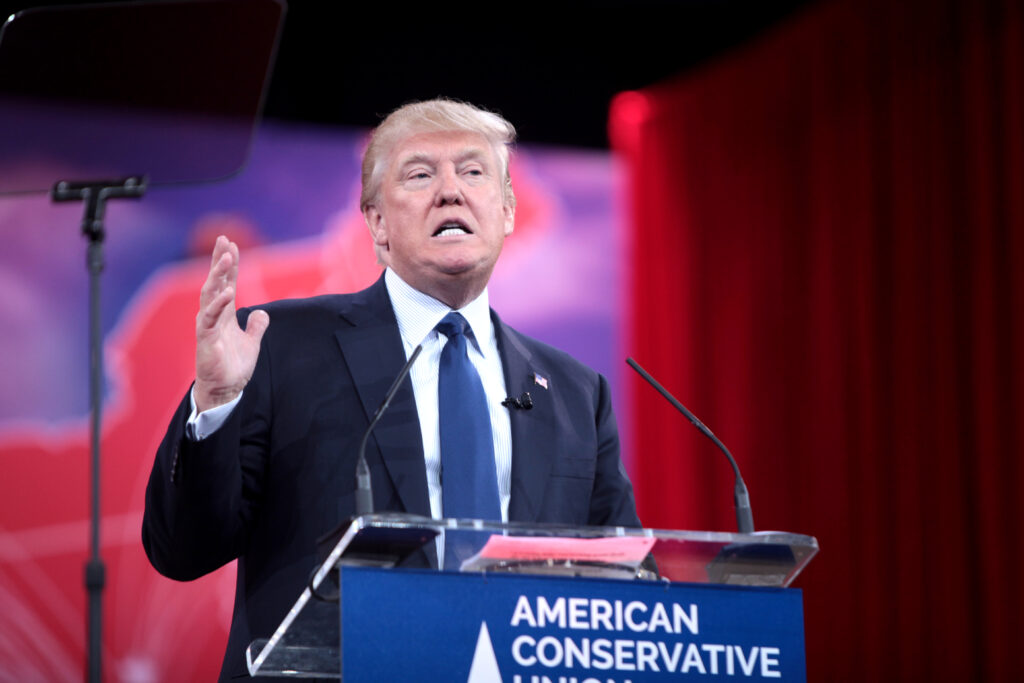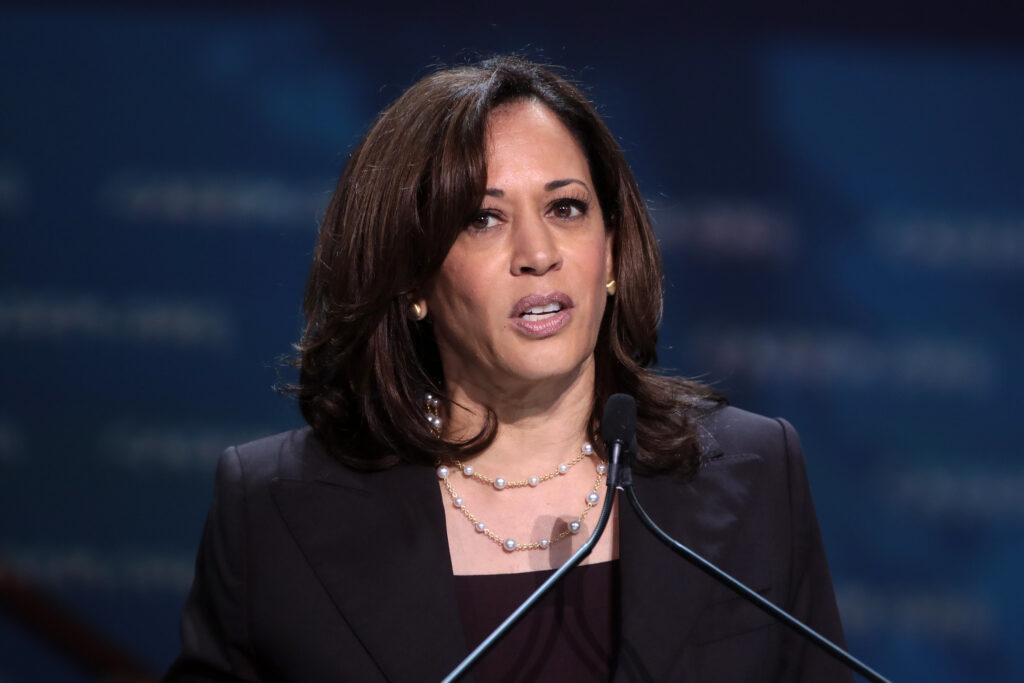In an interview with Reuters, Republican presidential contender Donald Trump says he would renegotiate America’s role in the U.N. global climate accord reached in Paris in December 2015.
As the U.S. is the second largest emitter of greenhouse gases, if Trump pulls the U.S. out of the agreement, it could mean the end of the accord as other countries would feel free to withdraw or simply not adopt the domestic laws and programs necessary to meet their target emissions.
In an appearance on the Hugh Hewitt radio show, Trump said, “I’m not a believer in man-made global warming. I mean, Obama thinks it’s the number-one problem of the world today, and I think it’s very low on the list … we have much bigger problems.” And on Twitter, Trump has called climate change theory a “con job,” a “canard,” a “hoax.”
In line with this, Trump also says he would cut EPA’s budget dramatically and review all EPA regulations, eliminating many of them because, “Over-regulation presents one of the greatest barriers to entry into markets and one of the greatest costs to businesses that are trying to stay competitive.”
‘Agreement Bad for U.S.’
As a result, Trump’s views on the Paris climate treaty should come as little surprise. “I will be looking at that [the Paris climate agreement] very, very seriously, and at a minimum I will be renegotiating those agreements, at a minimum. And at a maximum I may do something else,” the billionaire developer told Reuters.
“But those agreements are one-sided agreements and they are bad for the United States,” Trump said adding he does not believe China, the world’s top emitter of the carbon dioxide, would adhere to its pledge under the Paris deal. “Not a big fan because other countries don’t adhere to it, and China doesn’t adhere to it, and China’s spewing into the atmosphere.”
The Obama administration pledged a 26 to 28 percent domestic reduction in greenhouse gases by 2025 compared to 2005, while China’s emissions will continue to grow unabated at least until 2030 when it believes its emissions will plateau.
Trumps views concerning climate change and the Paris treaty are in line with those of many House and Senate Republicans, who have said the agreement is an overreaction to an uncertain threat, and who have argued the treaty will not have the force of law in the U.S. unless it is ratified by the Senate as required by the Constitution.
Accord Could Unravel
Former French foreign minister Laurent Fabius, who helped broker the deal, said in early May the U.S. election was critical to the agreement’s future. “If a climate change denier was to be elected, it would threaten dramatically global action against climate disruption,” Fabius said.
The Paris agreement has an article built into it meant to protect countries in the accord in the event that a new government comes in and wants to dismantle it. The clause says any nation wanting to withdraw will first have to wait four years.
Yet, any country yet to actually legally adopt the accord, that is have it ratified by their respective governments, as is the case with the U.S., is able to drop out. In addition, since there are no legally binding penalties for not adopting or dropping out of the treaty, or for a country missing its climate targets, the only tool member countries would have to keep countries who wish to withdraw from the Paris agreement in it would be moral suasion which history shows often fails to limit governments’ actions.
H. Sterling Burnett, Ph.D. ([email protected]) is the managing editor of Environment & Climate News.





